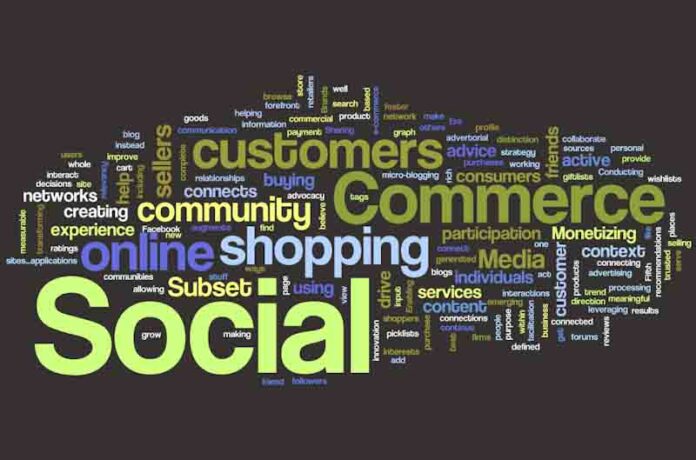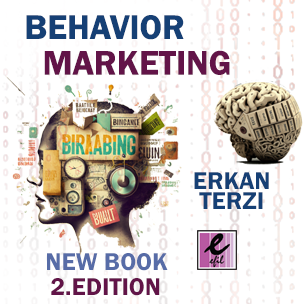Building a Strong Brand Presence while Balancing Personal and Professional Life / 7+7.
In today’s digital age, social media has become an integral part of our personal and professional lives. As your company, all members are in our family so we would like to prepare one guideline with real example to protect ourselves and loved ones from some dangerous situation. For employees, social media channels present a unique opportunity to connect with their network, build brand awareness, and foster meaningful relationships.
However, it’s crucial to navigate this landscape carefully to ensure a positive impact on both the brand and personal life. This guide aims to provide your comoany’s staff with valuable insights and practical tips on effectively utilizing social media while maintaining a healthy balance. This information is about your personal accounts and related working process for your company’s channels.
1. Define Your Objectives:
Before diving into the world of social media, clearly define your goals and objectives. Are you looking to increase your network, engage with some people, or just make connection with your friends? Having a clear purpose will guide your social media strategy and help you stay focused.
2. Choose the Right Platforms:
Not all social media platforms are created equal, and it’s important to choose the ones that align with yourself. Conduct research to understand which platforms your audience actively uses and invest your resources accordingly. Common platforms for you include LinkedIn, Twitter, Facebook, and Instagram.
3. Craft Your Personal Persona:
Developing a consistent personel persona across social media channels is essential. Determine your personal voice, values, and key messages, and ensure they are reflected in your posts, visuals, and interactions. Consistency in your personal persona helps establish trust and credibility with your network. Furthermore, you should understand they are not similar to make post about yourself and your company. When you send any post about your company, you should know you are respresenter your company too.
4. Engage Authentically:
Social media is not just a broadcast tool; it’s an interactive platform. Engage with your network genuinely by responding to comments, addressing concerns, and initiating conversations. Show your human side, share behind-the-scenes glimpses, and foster a sense of community. Authentic engagement builds trust and loyalty among your followers.
5. Content Strategy:
Create a content strategy that resonates with your network. Share relevant and valuable content, including industry news, thought leadership articles, company updates, and employee stories. Mix up your content formats by incorporating videos, images, infographics, and blog posts to keep your audience engaged. and don’t share with your networks. This is vital rule in social media.
6 . Balance Personal and Professional Life:
You must strike a balance between personal and professional life on social media. Consider separating personal and professional accounts to mai ntain privacy and avoid any potential conflicts of interest. Set boundaries, both for yourself and your employees, regarding sharing personal opinions and sensitive information.
7 . Privacy and Security:
Be mindful of privacy and security concerns on socia l media. Regularly review your privacy settings, ensure sensitive company information is protected, and educate your family members self and your about the potential risks and best practices. Stay updated with platform policies and adapt your strategies acc ordingly.
Effectively utilizing social media as an employer requires a strategic approach that balances business building and personal boundaries. By following these guidelines, you can establish a strong personel presence, engage with your audience auth entically, and nurture a positive online reputation while safeguarding personal and professional life.
Remember, social media is a powerful tool when used thoughtfully and responsibly. Some Real Examples While it’s important to focus on positive examples, I can provide a few instances where companies have faced challenges or negative publicity related to their employees on social media. It’s worth noting that these examples serve as cautionary tales rather than promoting negative behavior. It’s crucial for ourselves to learn from such incidents and develop strategies to address and prevent similar issues.
Here are a few instances:
1. Papa John’s and Offensive Language:
In 2018, the founder and former CEO of Papa John’s, John Schnatter, used racially insensitive language during a conference call. The incident quickly went viral, sparking widespread backlash and calls for a boycott of the company. This example highlights the importance of fostering an in clusive and respectful work culture and ensuring that employees understand the impact of their words and actions, both on and off social media.
2. Yelp’s Employee Controversy:
In 2016, an employee of Yelp wrote an open letter to the company’s CEO, detaili ng her struggles with low wages and the challenges faced by Yelp’s content moderators. The letter gained significant attention on social media, negative results the company. on employee laborrelated issues within the company.
3 . Amazon’s Warehouse Conditions:
Amazon has faced criticism and negative publicity regarding the working conditions in its warehouses. Reports and social media posts by employees and activists have shed light on issues such as long working hours, inadequate breaks, and demanding productivity ex pectations such uses cause great harm to companies instead of benefitting them. These approaches reflect negatively on both the image and work motivation of companies and their employees .
4 . United Airlines’ Customer Service Incident:
In 2017, United Airl ines faced a significant backlash when a video of a passenger being forcibly dragged off an overbooked flight went viral on social media. The incident sparked outrage and led to widespread criticism of the airline’s customer service and treatment of passen gers. This example highlights the importance of training employees in handling difficult situations and prioritizing customer satisfaction to prevent negative incidents from going viral and damaging the company’s reputation.
5 . New York Presbyterian Hosp ital’s Employee Privacy Breach:
In 2016, an employee at New York Presbyterian Hospital posted a photo on Facebook that showed a patient’s medical record with visible personal information. The incident raised concerns about patient privacy and the hospital’ s security measures. This example highlights the importance of educating employees about privacy policies, patient confidentiality, and the responsible use of social media.
6 . Mylan Pharmaceuticals’ EpiPen Pricing Controversy:
In 2016, Mylan Pharmaceutica price of their lifels faced criticism and backlash when it was revealed that the saving EpiPen had dramatically increased over the years. This controversy sparked public outrage, with social media playing a significant role in amplifying the negative senti ment. Although the issue primarily revolved around pricing and accessibility, it indirectly affected the company’s brand image and reputation.
7 . Nursing Home Abuse Cases:
There have been instances where employees of nursing homes or longterm care facil ities have shared inappropriate or abusive content on social media platforms, showcasing misconduct towards patients. Such instances highlight the need for strict social media policies, proper training, and constant monitoring to prevent any misconduct or privacy violations. It’s crucial for us to prioritize employee education, privacy, and ethical practices to minimize the risk of negative incidents involving their employees on social media. By establishing clear guidelines, providing training, and foster ing a culture of professionalism and respect, together mitigate the chances of ourrelated issues affecting their reputation.
Please be careful about your company when posting on your social media accounts. Remember that you are a representative of your company.


